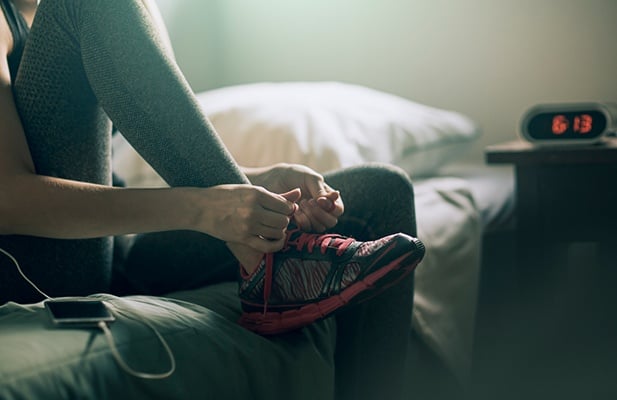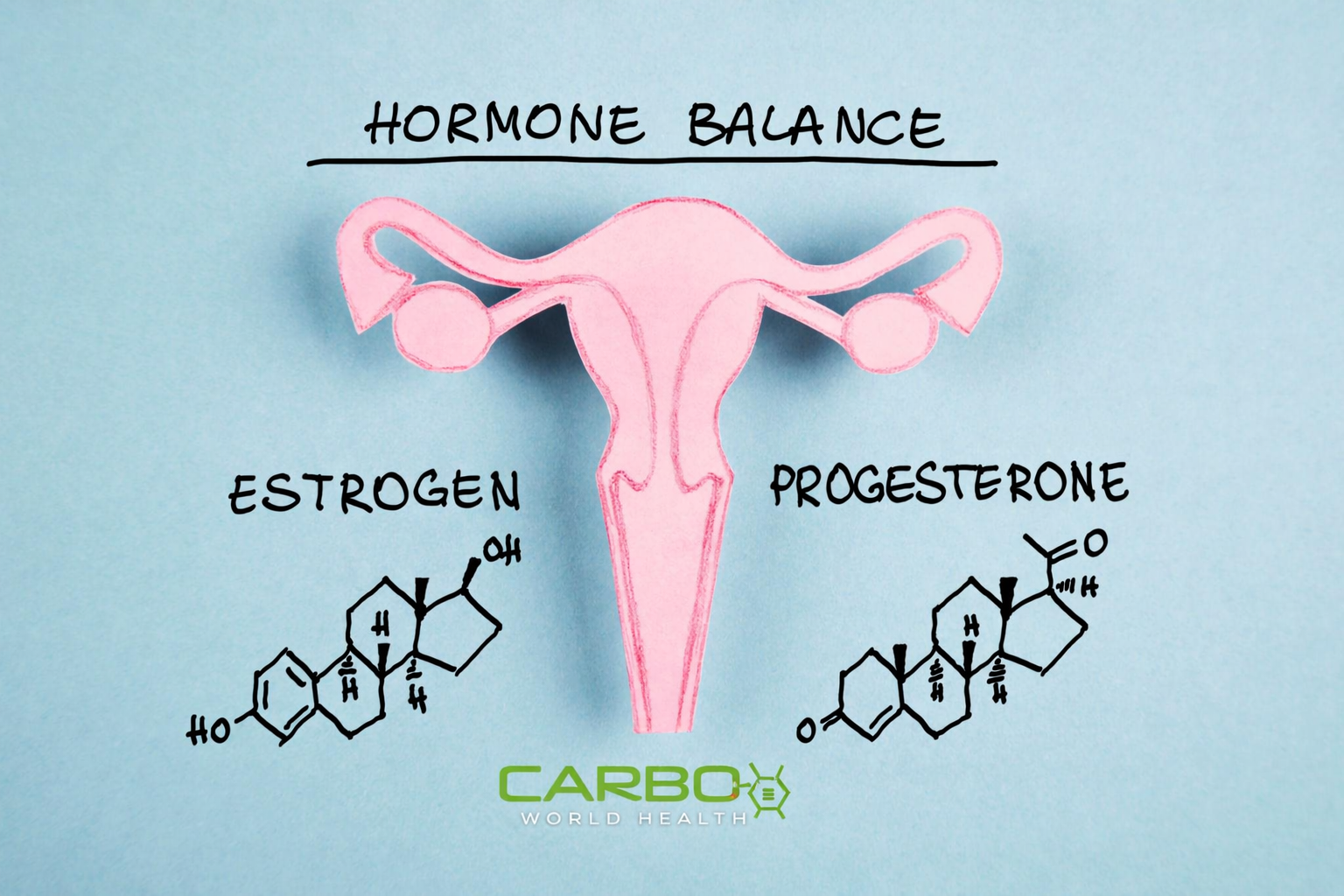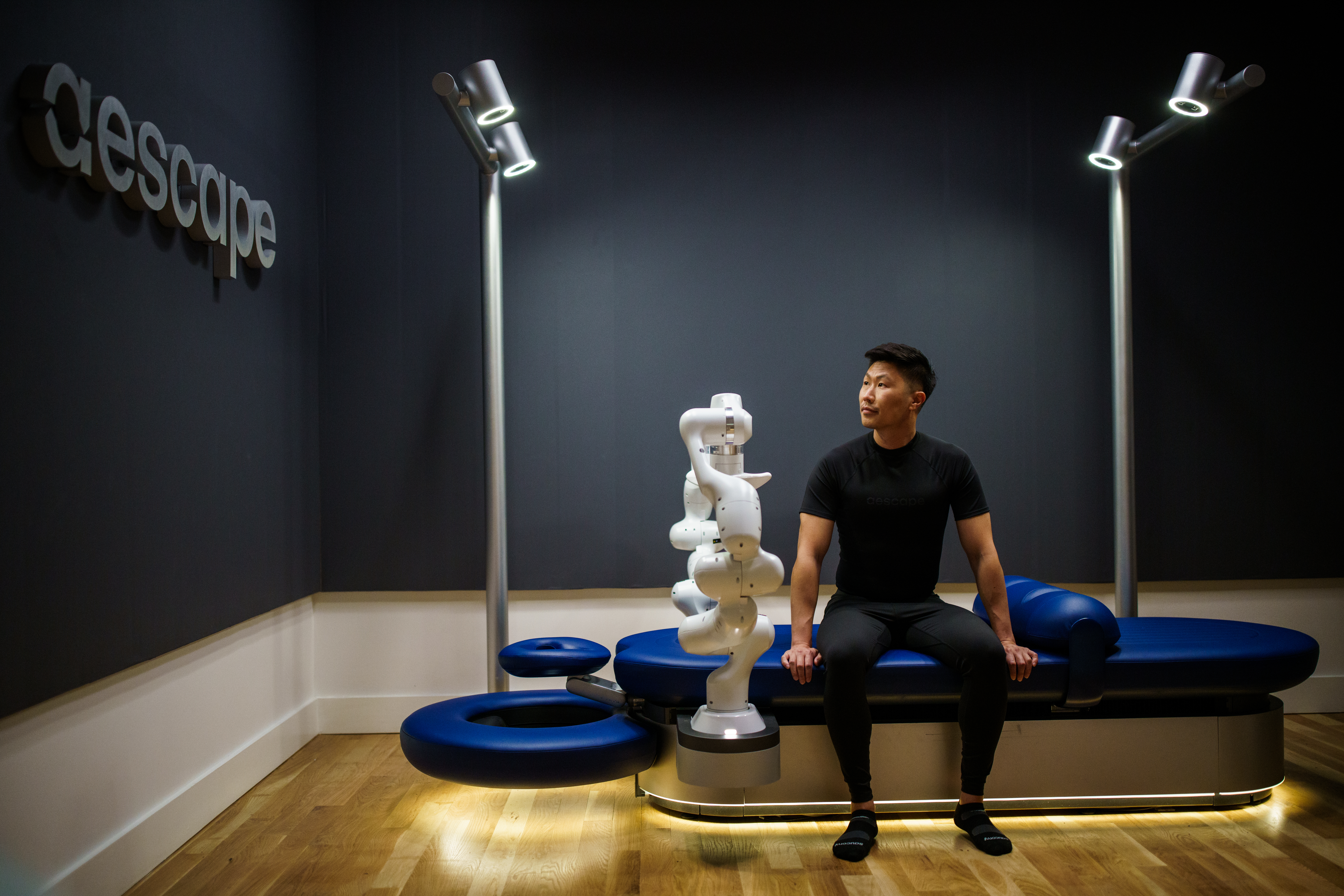
There are those who love an early-morning workout and claim that it gives them a needed energy boost to start the day. There are those on the opposite side who say that they are slow and lethargic in the morning and prefer to work out later in the day when they are performing better.
Those who have an existing routine that works for them should stick with it, since consistency is one of the most important elements of a workout regimen. But for those who are wondering when and how to optimize their results, here are a few factors to consider:
The human body is affected in many ways by our circadian rhythms, a 24-hour cycle controlled by the hypothalamus. The circadian rhythm influences a variety of our internal body processes, many of which affect our physical performance:
Hormone levels:
Body temperature: The natural body temperature is low during periods of rest, and rises during the day, to a high point at about 4pm. A higher internal temperature means that our bodies are already “warm” for exercise: the blood flow to muscles is greater, our joints are looser, and our heart rate is already higher. Workouts in the morning should include a longer warm-up period to compensate for a naturally lower body temperature.
Despite these natural predilections, the body is also highly adaptable to new routines and consistent behaviors. If you are training for a specific goal or activity (for example, most endurance events begin earlier in the morning, while most ball-sports and competitions take place in the afternoon or evening), it's beneficial to work out at those times and train your body to perform during that time frame.
As we can see, the body clock doesn't have a single solution for the optimal timing of workouts, but exercise later in the day is more promising for shorter workouts and more effective strength training and muscle building. However, studies show that consistent workouts in the morning reduce these natural diurnal differences, while afternoon workouts exaggerate them. Our workout habits heavily influence our body rhythms.
But, of course, these natural cycles aren't the only factor in timing your exercise routine. Working out is part of an entire lifestyle, and many other factors come to bear.
Working out in the mornings offers a variety of advantages over working out in the evening:
- Improved consistency. In the morning, there is less time competition, fewer distractions from work and lower external stress
- Better gym access. If you work out in a gym, there is typically less competition for machines because there are fewer people there.
- Curbs your appetite. A study showed that women who had brisk exercise in the morning were less tempted by images of food immediately afterward.
- Burns more fat. Studies show that exercise in the morning on an empty stomach forces the body to burn more fat for energy during the workout.
- Better sleep. Those who exercise in the morning for at least 3-4 hours a week have less trouble falling asleep at night over those who exercise later in the day.
Morning workouts also have downsides:
- Longer time investment. Because the body temperature is naturally lower, morning workouts require more warm-up time for greater injury prevention and better results.
- Less motivation. It can be difficult for some people to avoid the snooze and get up to fit in a morning workout, particularly in the winter when mornings are dark.
Some people like to fit in a workout in the middle of the day, particularly if they have access to a gym at their work site. Exercise on a lunch break:
- Is great for consistency, since that time is naturally allocated during the day anyway
- Is naturally social. Even if you can't find a work friend who wants to exercise with you, you will probably connect with people who do the same thing with their lunch breaks. Having a peer group increases motivation and commitment.
- Should be done before eating, not afterward. Wait 90 minutes after a meal before doing vigorous exercise, since blood is diverted away from your muscles and towards your digestive system.
Many people prefer to work out in the late afternoon or early evening, at the end of a work day. Late afternoon or evening workouts also have some key advantages:
- Releases stress from the workday. Exercise produces endorphins and feel-good hormones that can relieve stress and tension from the workday. A workout is a great way to leave work pressures behind and free your mind.
- Easier to find a partner. Working out with a friend improves consistency and motivation, and it's easier to find someone who is willing to regularly participate in an after work session than a 5am run.
- Workouts can be shorter. Because the body temperature is higher during this time of day, less time is needed to warm up and prime the body.
- Boost testosterone. In addition to feel-good hormones, afternoon workouts naturally boost testosterone production, making it easier to build muscle and reduce fat.
But of course, there are downsides to an after-work routine:
- More subject to schedule conflicts. Sometimes the work day runs long, it's necessary to run errands after work, or coworkers would prefer a happy hour instead. It can require more discipline to maintain a late-day workout routine than at other times of day.
- Decreased motivation. It can be difficult to get motivated for a workout if it's been a long, hard, stressful day at work, and all you want to do is rest and relax.
Some people find that the best time for them to get in a workout is late in the evenings, maybe after the day's work is done or the kids are in bed. Late day workouts:
- Can enhance mood and relieve stress, bringing a positive feeling of closure to the day.
- Interfere with restful sleep by raising heart rate and temperature. Workouts after 8pm often make it more difficult to get to sleep at night.
Again, one of the most important factors in getting the best results from your workout is consistency. Choose the time of day that works best in your lifestyle and adopt habits that will ensure you work out regularly. Many of your body's natural systems will adapt to recurring behaviors, influencing everything from your hormones and metabolism, to actually adapting your genes. However, if you want to hack your natural body clock:
- Aerobic exercise, in the morning, on an empty stomach, naturally promotes more fat burning and reduces appetite
- Anaerobic exercise, in the late afternoon, at least 90 minutes after a meal, naturally builds more strength and develops muscles.
Choose a plan that works best for you and stick with it. Remember to always stay hydrated, warm up before, and cool down after. Work with your body and not against it and stay fit and healthy for life.









